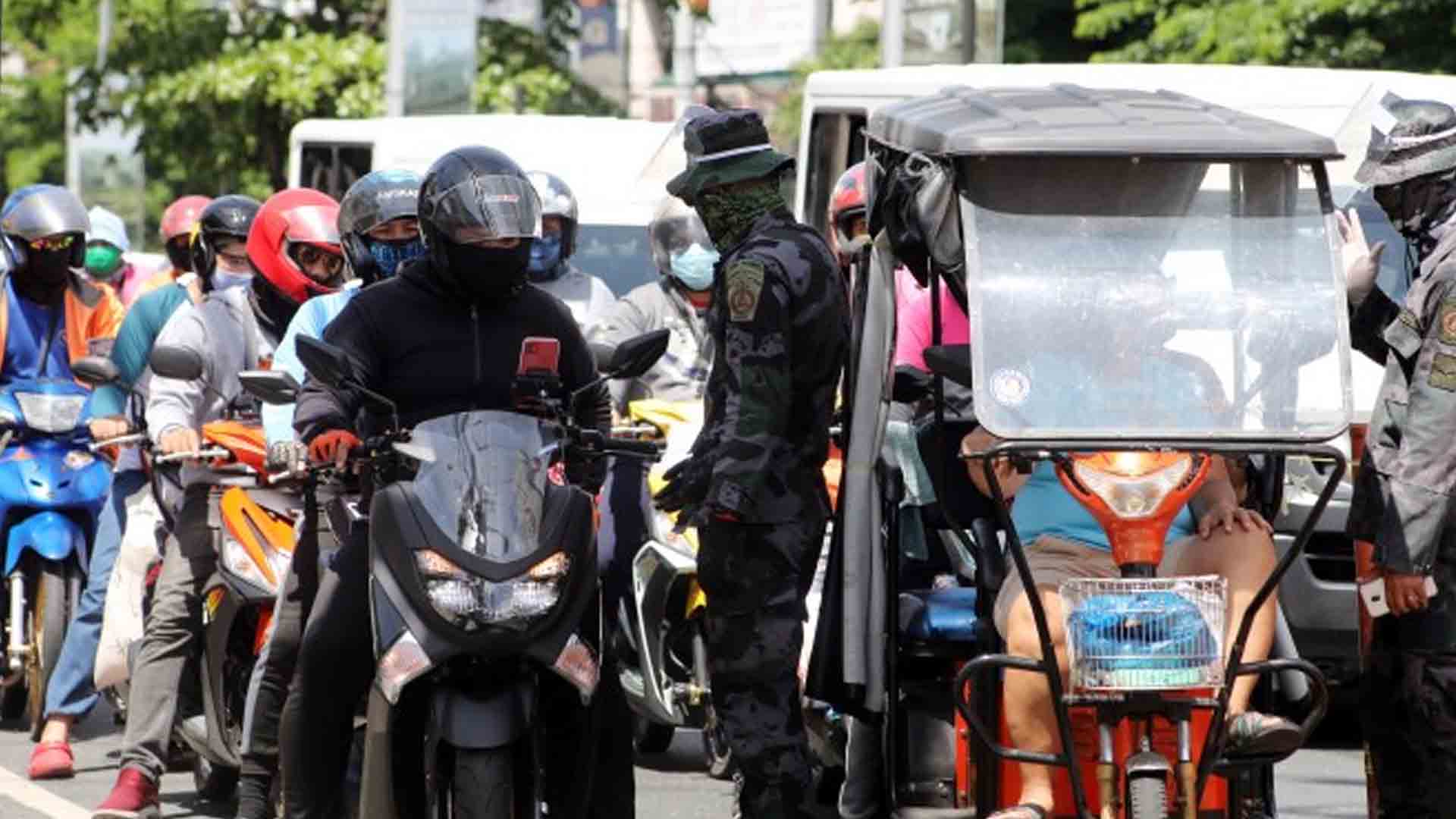The Department of Health (DOH) on Saturday said it is still too early to say if Metro Manila could de-escalate to less strict Alert Level 2 by February.
Citing projections, Health Undersecretary Maria Rosario Vergeire said the peak might happen by end of January or the middle of February.
“Araw-araw po binabantayan natin, pero sa ngayon hindi pa natin masasabi if we can already de-escalate by February dito sa NCR (We are monitoring this everyday, but we cannot yet say if we can already de-escalate by February here in NCR),” she said in a Laging Handa briefing.
She added that while active coronavirus cases seemed to decline in the past few days, this does not necessarily reflect the actual situation on the ground as many cases remain unreported.
“Kahit po sa tingin natin bumabagal na po ang ang pagdami ng kaso, bumababa ang numero araw-araw, alalahanin natin na mayroon pa rin tayong mga kababayan na hindi na nagpapatest, mayroon ding mga kababayan na nag-a-antigen test na hindi na naire-report sa DOH (Even if we think the cases are on a decline, it’s important to note that there are individuals who are not getting tests anymore, there are also those who take antigen test but the result is not reported to DOH),” she said.
No self-administered antigen test kits have been registered with the Food and Drug Administration (FDA) yet.
The health official said DOH is now drafting the guidelines on its proper use while the Food and Drug Administration is in the “final stages” of evaluating 11 applications from test kit manufacturers.
“Ang proseso, once FDA receives all of the documents, ‘yong dossier nila, it is initially evaluated and passed on to RITM (Research Institute for Tropical Medicine). Kapag nakapasa sa initial screening, then RITM conducts performance evaluation or validation (The process starts when the FDA receives all of the documents, their dossier, it is initially evaluated and passed on to RITM. Once it passes the initial screening, then RITM conducts performance evaluation or validation),” Vergeire said.
“This takes about four to five days with RITM and ibabalik sa FDA. So, all in all, the process can take up to seven days,” she added. (PNA)







